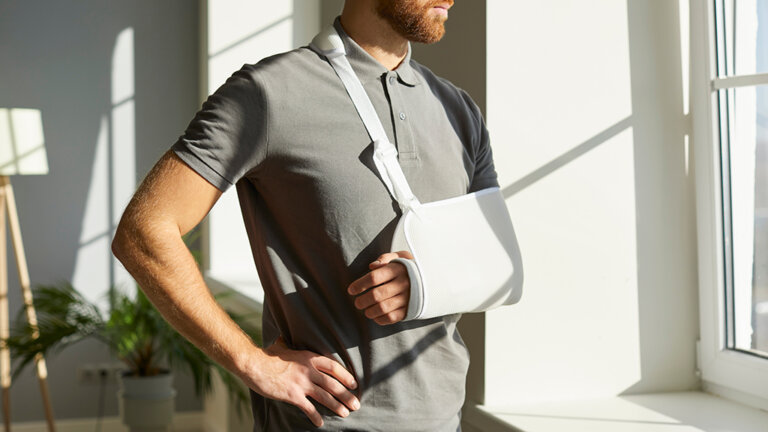Cover yourself in sunscreen, take out your hat, seek out the shade and screen your eyes. The summer sun makes us smile and is a fantastic source of vitamin D, but remember to protect your skin and your eyes. Some forms of damage are irreversible.
Essential beneficial effects
The sun does not only have negative effects. Like many other things, it must be enjoyed in moderation, to stay young and in good health.
It puts us in a good mood
Sunlight increases the discharge of serotonin. This hormone gives us energy and makes us feel better. Result: less seasonal depression in the summer. We become more sociable, more energetic, more relaxed, and take better care of ourselves.

It improves sleep
Exposure to sunlight influences our brain’s production of melatonin. This is released at the end of the day when it starts to get dark, and prepares us for sleep around two hours later. A nice sunny day boosts its production at the right time.
It creates vitamin D
Vitamin D is necessary for the health of our bones because it balances both calcium and phosphorus. Sun treatment therefore prevents rickets and osteoporosis among old people, and boosts growth in children. That said, scientists agree that 15 to 30 minutes exposure a day is sufficient.
Let’s now look at the adverse effects, which explain why we need to protect ourselves
Long-term and unprotected exposure may have consequences for our skin, our eyes and our general health.
It damages our eyes
Ultraviolet light from the sun is not kind to our eyes. It can damage the retina, trigger the development of cloudy spots on the cornea, and speed the development of cataracts. Wearing sunglasses with UV protection is absolutely essential to retaining good eyesight.
It can exhaust you
Heat exhaustion is the body’s response to an excessive loss of water and salt. It therefore generally occurs following excessive sweating.
Symptoms vary according to the individual:
- Headache
- Nausea
- Dizziness
- Muscular weakness
- Irritability
- Thirst
- Excessive perspiration
- High body temperature
- Decrease in urine production
It can upset body temperature
After exhaustion comes heat stroke (also known as malignant hyperthermia): a fever up to 40 °C, a state of confusion, trouble speaking, possible fainting, and even convulsions and organ malfunction. This is the most serious state, and can even be fatal if not treated urgently.
To avoid getting to that point, rest in the shade, avoid sporting activities in the scorching heat, and make sure you’re sufficiently hydrated.
If you observe heat stroke, call 112 immediately.
It burns the skin
Sunburn is first- or second-degree burns caused by UVB and UVA. In addition to the redness and temporary discomfort, repeated sunburn causes premature ageing of the skin and increases the risk of melanoma.
Be twice as careful with children, because their skin is more sensitive. Factor 50 sunscreen and shade offer the best protection.
It increases the risk of skin cancer
The worst consequence of long-term exposure to the sun is the development of skin cancer. The most common are basal cell carcinoma, spinocellular carcinoma and melanoma.
It ages the skin
We associate wrinkles with ageing, but exposure to the sun is an important factor in the acceleration of aging skin.
UV damages collagen and elastic fibres. The skin becomes weakened and cannot return to its original state, wrinkles form and then deepen.
Some advice for the summer
There are many traps for us by the pool or on the beach:
- A parasol does not completely protect you. The sun’s rays may hit you by reflecting off the sand, the tiles or the water of the swimming pool. This makeshift shade does not therefore mean you can dispense with sunscreen and sunglasses.
- Clouds and wind give you a feeling of freshness. You think you’re less exposed to the sun, but this is completely wrong. Even clouds only filter out a small portion of ultraviolet rays.
- Swimming does not protect you either. For example, 40% of rays still pass through 50 cm of water. Don’t stay in the water too long and remember to cover yourself with sunscreen when you come out.



